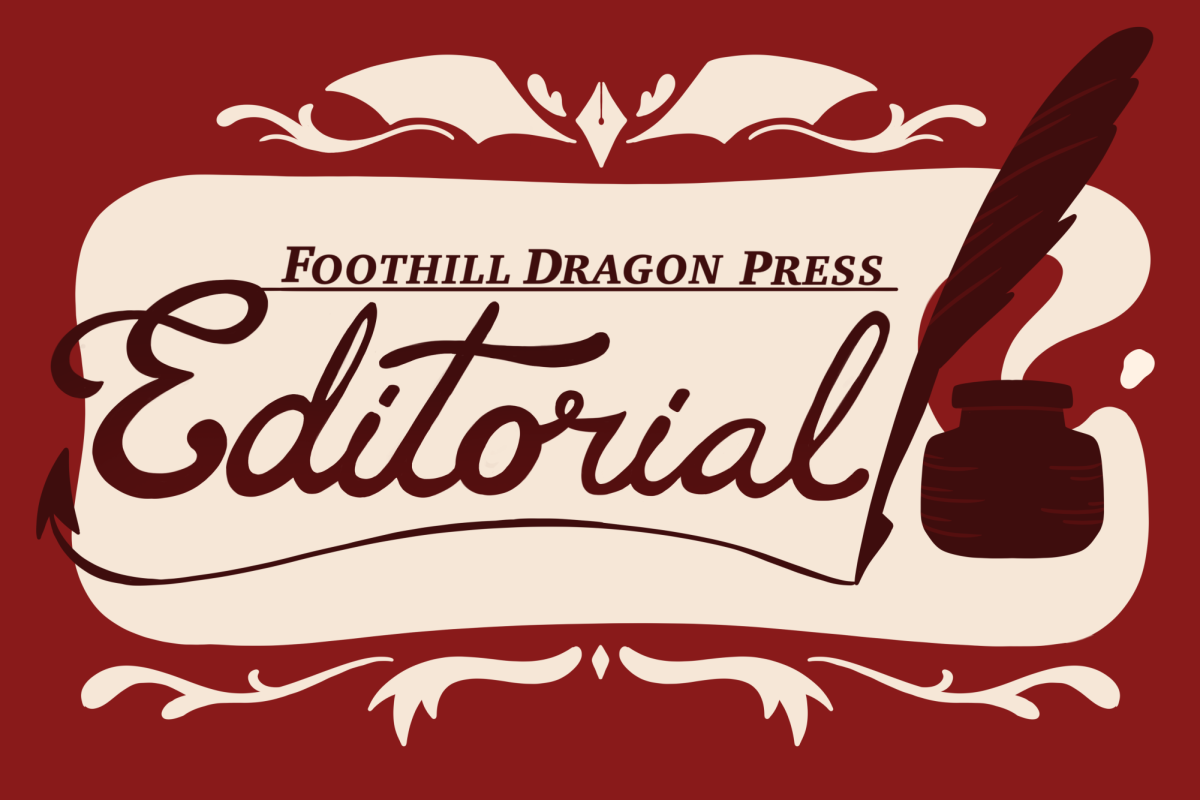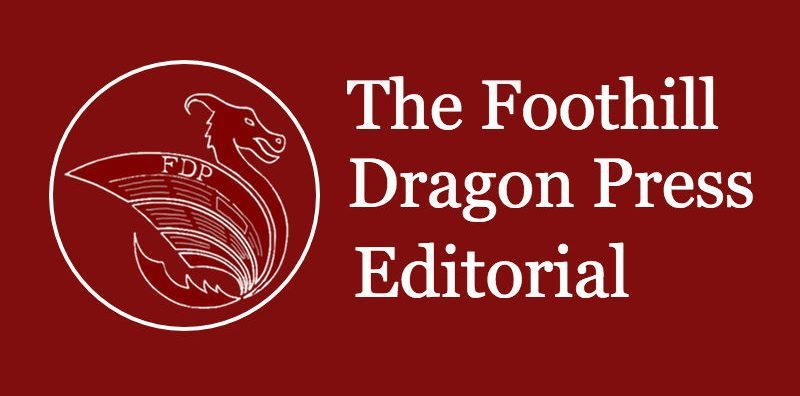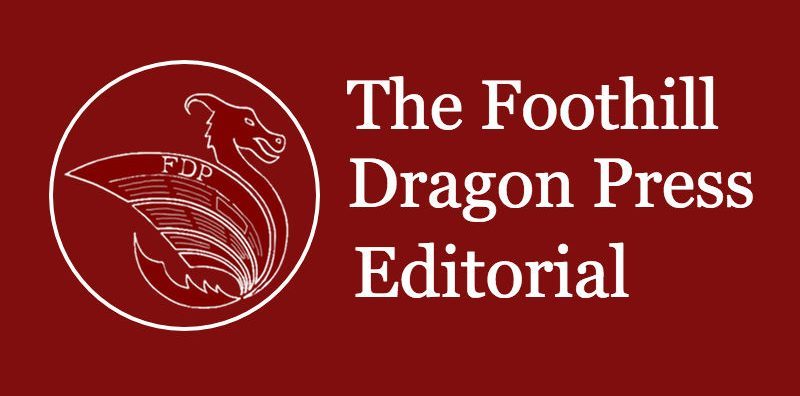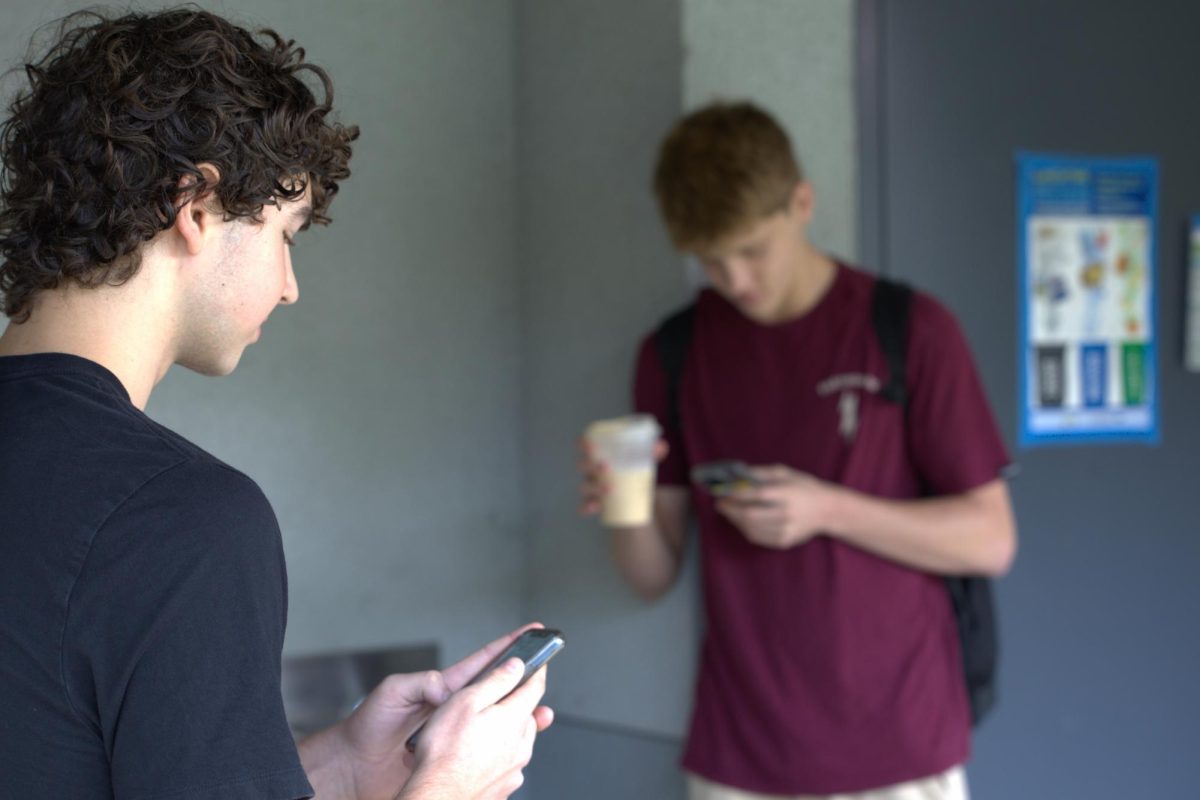
An administrative complaint will be brought against Ventura High School’s journalism program, which publishes the The Cougar Press, after they ran the annual ‘sex edition’ of their paper. Containing the results from a survey of the sexual activity of Ventura High students, the edition received flack from parents who believe their rights were undermined in the process.
Julie and John Wilson approached the Pacific Justice Institute about the December 17, 2009, edition of The Cougar Press, hoping to address the issue of what they see as the continued erosion of parents’ rights to be informed and to give permission for their child’s participation in school activities.
The Pacific Justice Institute press release mentions a California educational code as the justification for their case, but did not specify exactly which code they are citing.
After researching the subject, The Foothill Dragon Press found California educational code 51938 sectionb, which states: “Notwithstanding Section 51513, anonymous, voluntary, and confidential research and evaluation tools to measure pupils’ health behaviors and risks, including tests, questionnaires, and surveys containing age-appropriate questions about the pupil’s attitudes concerning or practices relating to sex may be administered to any pupil in grades 7 to 12, inclusive, if the parent or guardian is notified in writing that this test, questionnaire, or survey is to be administered and the pupil’s parent or guardian is given the opportunity to review the test, questionnaire, or survey and to request in writing that his or her child not participate.”
According to this code, The Cougar Press is legally required to contact parents before presenting the survey during instructional hours.
Next year, Ventura High School should more closely follow code 51938 (b), notifying parents beforehand, allowing them to review the questions and allowing them to opt their students out from even taking it.
This would allow The Cougar Press to continue the annual survey in the future without walking a risky legal line.
However, getting parents’ permission defeats the purpose of this particular survey. Anonymous and optional, the sample of students who respond is completely random and therefore the results are more accurate.
Having a record of which thousand students participated and requiring written consent from parents removes the survey’s ability to be voluntary and may have some students answer dishonestly, knowing that their name is on the record. The choice of the student is superseded by the choice of the parent, and this defeats the purpose of having a ‘sex survey’ of students in the first place.
We by no means support the continuation of “the erosion of parents’ rights,” but keepingstudents from participating in the survey, fundamentally, is a violation of their First Amendment rights to freedom of speech. Students should be allowed to share as much or as little of their sexual activity (or lack there-of) with The Cougar Press as they choose, or else the entire point behind the survey is moot.
Next year, The Cougar Press could hold the survey during lunch or hand it out before (or after) school. The survey could even be conducted online, which would allow the data to be organized, presented and shared easier.
While these are not, by any means, perfect solutions, and they might detract from the quality and precision of the survey, they would allow the survey to continue under the California Education Code. And the survey should still take place.
Trevor Sherwood, editor-in-chief of The Cougar Press, outlines the reasons for the survey in the December issue, stating that parents made uncomfortable by the results can use the statistics to be better prepared when talking to their children about the topic. Results also could be used by health teachers in the district, who can analyzebehaviors of students and spend more time teaching the topics students may be misinformed about.
It seems that this possible violation of the California education code isn’t the main issue, though. Wilson’s main problem with the survey, according to an interview with the Ventura County Star, is “the totality of this, including pages of sex articles, a sex crossword puzzle and other inappropriate things that suggest that some of their peers sitting in the classroom are sexually active.”
To a certain extent, we can agree. The sex-centered crossword may have been a bit much, and the section titled “Top Eight” asking Ventura High School students “what song gets them in the mood” is completely inappropriate and even detracts from the professionalism of the rest of the edition, which tries to justify the need of the survey: to give an analysis of the data and advice on the subjects involved.
Despite these indulgences, the parents filing the complaint overreacted about the potentially awkward subject.
Julie Wilson asserts that the conclusion that some students will draw from The Cougar Press survey is “Am I the only one not having sex?”
A 2007 Center for Disease Control and Prevention survey indicates that between 46% and 52% of Los Angeles area high school students have had sexual intercourse at least once.
In The Cougar Press survey, question four asks “Have you ever had sexual intercourse?” If Wilson had actually read over the statistics, like the students sitting in the classroom, she would know that, in fact, most students at the school are not having sex.
Sixty-two percent of the students have not had sexual intercourse–a solid 16% fewer than the regional average.
According to these numbers, VHS students are actually more likely to ask “Am I the only one having sex?”
Rather than be offended by the results and contents of the sex survey edition, parents of Ventura High School students should instead see the data as just that, data, and better use it to their advantage.
A survey is only as good as the information it generates and how effectively that information is used to explain a greater trend.











